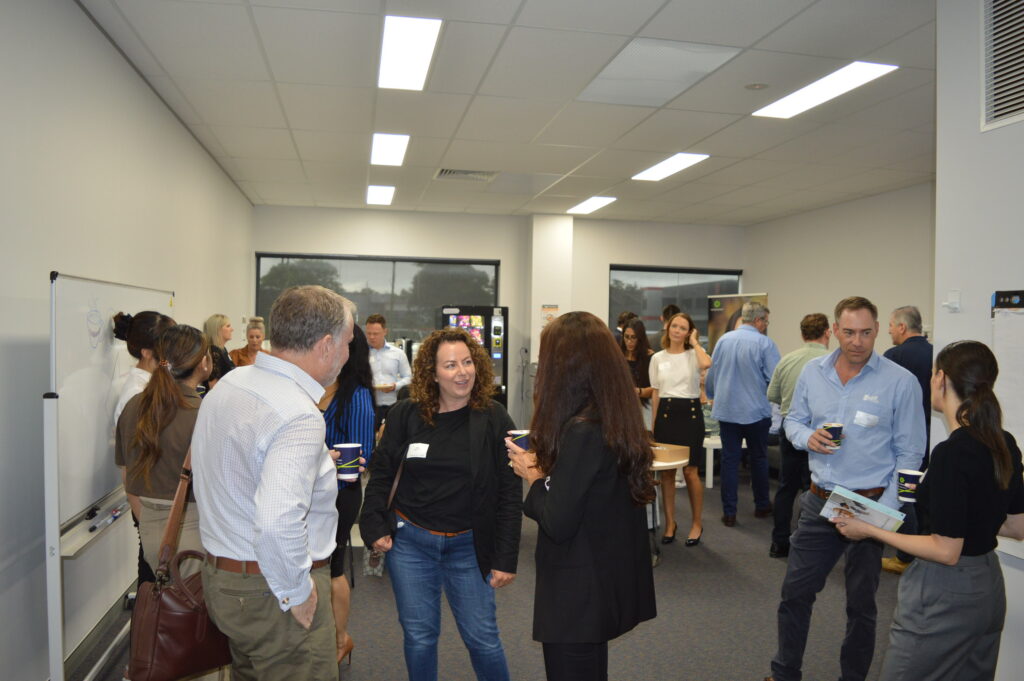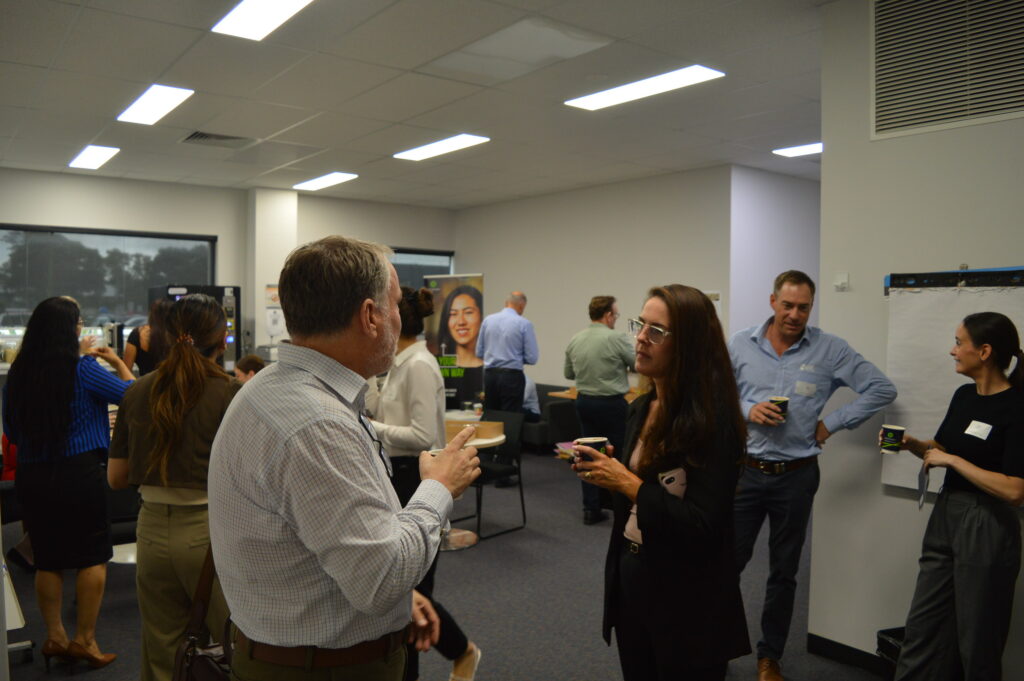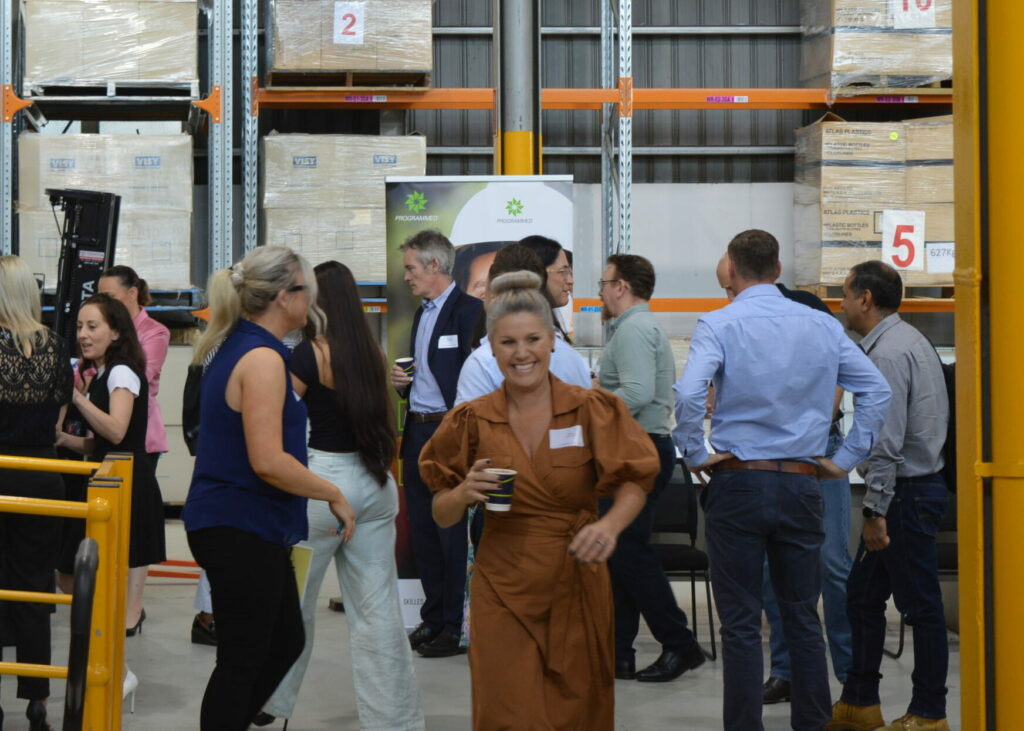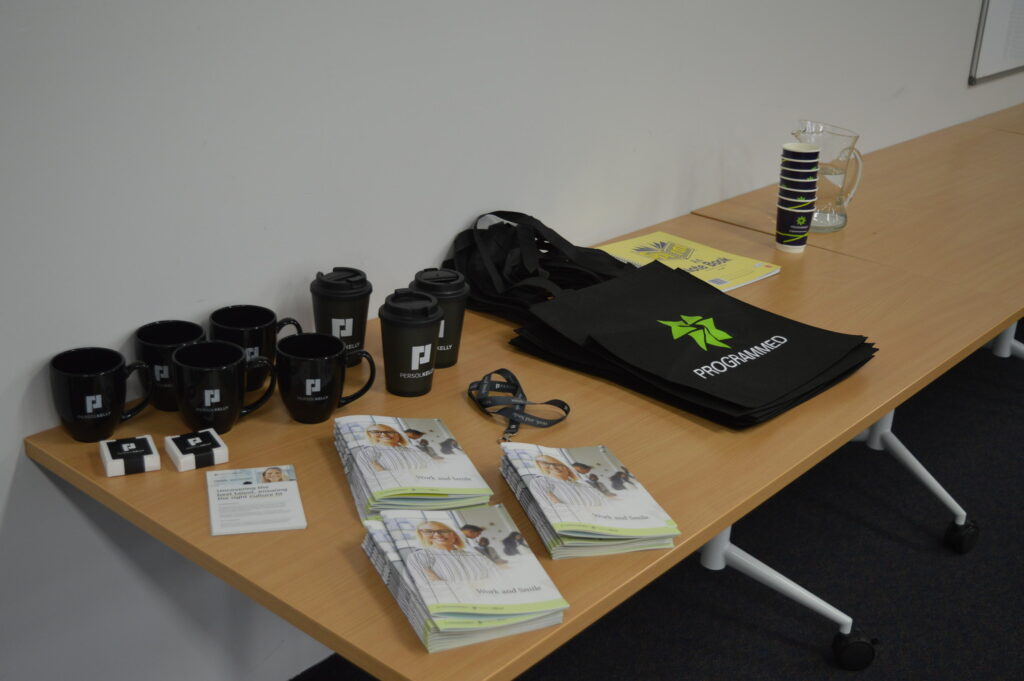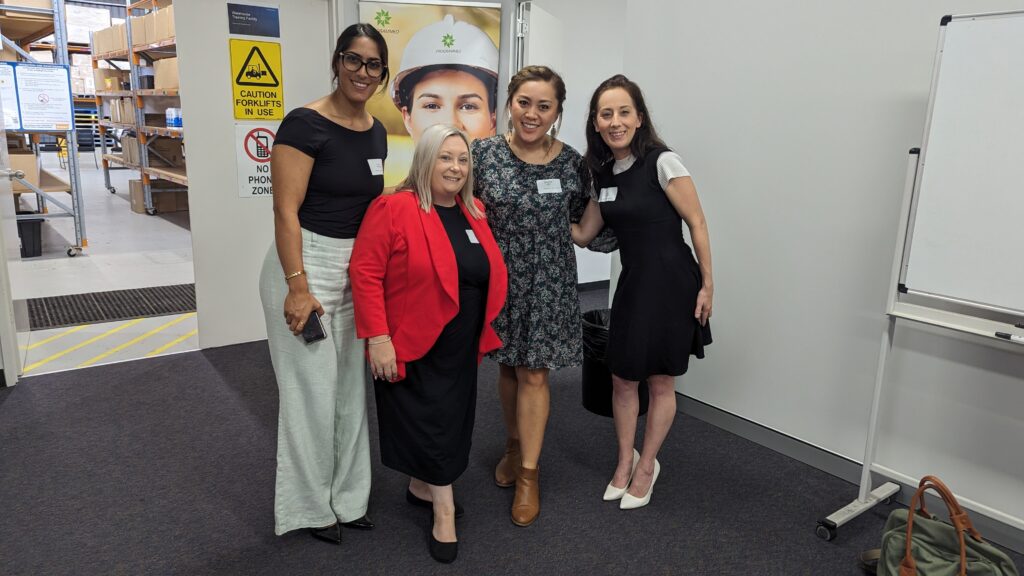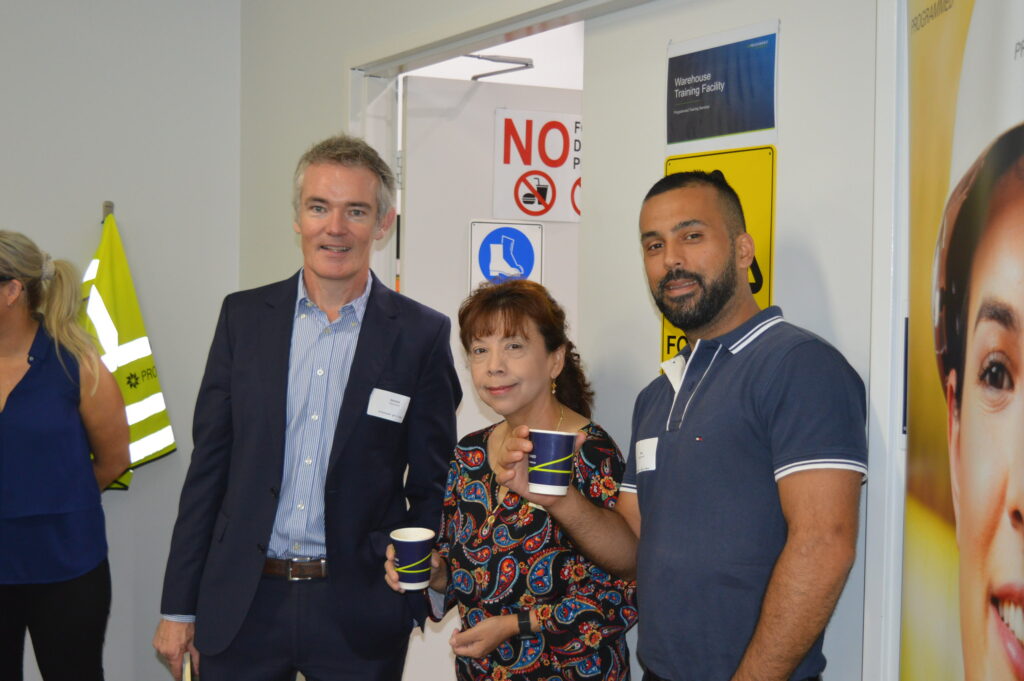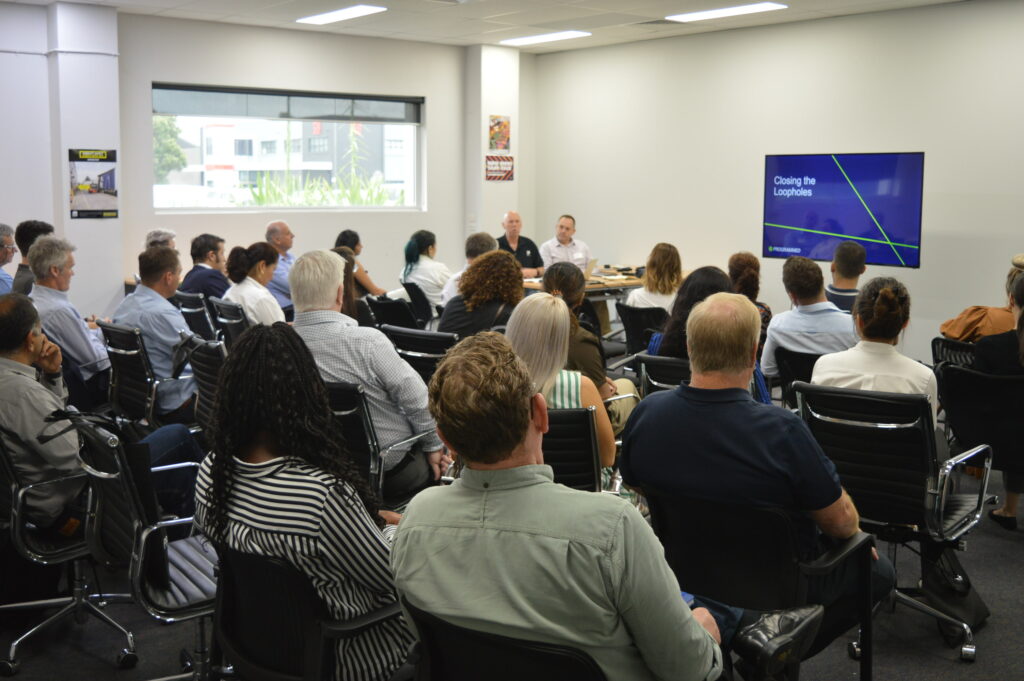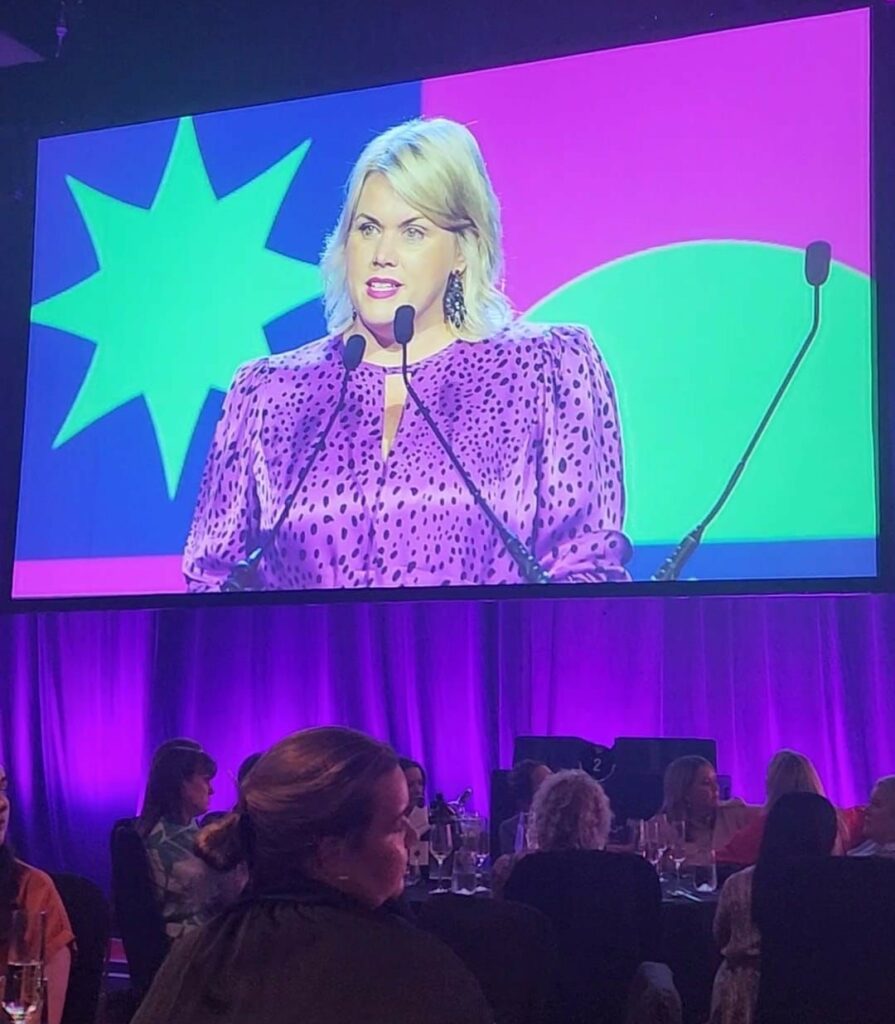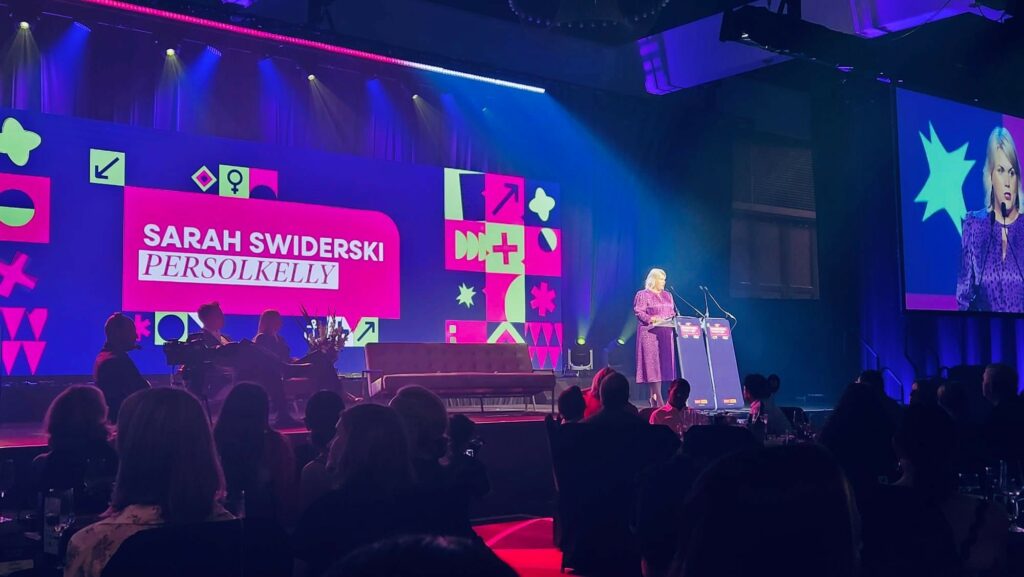Written by Alan Wong
In today’s rapidly evolving business landscape, the role of Information Technology (IT) departments within organisations is undergoing a significant transformation. No longer confined to mere support functions, IT is increasingly recognised as a potent strategic asset that can drive innovation, enhance competitiveness, and fuel growth. However, many organisations, like the one encountered by a recent client, still perceive IT as a cost center rather than a business enabler, resulting in limited budgets and missed opportunities.
As the world embraces technologies like Artificial Intelligence (AI), businesses face multifaceted challenges from the market, competitors, clients, and internal operations. In this dynamic environment, it is imperative for companies to leverage their internal IT capabilities proactively. Rather than relegating IT to the sidelines, organisations must empower their IT departments to assume frontline roles in driving business success.
To achieve this paradigm shift, cultivating an entrepreneurship mindset among IT employees is paramount. Instead of merely executing predefined tasks, IT professionals need to adopt a proactive and innovative approach, akin to that of entrepreneurs. They should view technology not as a tool for maintenance but as a catalyst for business transformation.
By embracing an entrepreneurship mindset, IT employees can identify and capitalise on opportunities to leverage technology for strategic advantage. Whether it’s streamlining internal processes, enhancing customer experiences, or developing new revenue streams, IT professionals armed with an entrepreneurial spirit can unlock untapped potential within the organisation.
Moreover, fostering collaboration between IT and other business units is essential. By actively engaging with stakeholders across departments, IT teams can gain deeper insights into organisational goals and challenges, thus aligning their initiatives with broader business objectives. This collaboration fosters a culture of innovation and agility, where IT becomes an integral part of the decision-making process rather than a mere service provider.
Developing IT employees with an entrepreneurship mindset in an organisation involves a multifaceted approach aimed at fostering a culture of innovation, autonomy, and collaboration. Here are several strategies to achieve this:
Training and Development Programs: Implement training programs focused on entrepreneurship, business acumen, and innovation. Provide employees with opportunities to enhance their skills in areas such as strategic thinking, problem-solving, and decision-making. Offer workshops, seminars, and online courses that expose IT professionals to entrepreneurial concepts and real-world case studies.
Cross-Functional Experiences: Encourage IT employees to gain exposure to different aspects of the business by participating in cross-functional projects or rotational programs. This allows them to understand the broader organisational context and develop a holistic perspective on how technology can drive business value.
Autonomy and Ownership: Empower IT employees to take ownership of projects and initiatives. Provide them with autonomy to explore innovative solutions, experiment with new technologies, and make decisions independently. Encourage a culture where employees are encouraged to take calculated risks and learn from both successes and failures.
Innovation Challenges and Hackathons: Organise innovation challenges, hackathons, or ideation sessions where IT employees can collaborate with colleagues from other departments to solve business problems or explore new opportunities. Provide resources, mentorship, and support to help teams turn their ideas into actionable projects.
Recognition and Rewards: Recognise and reward IT employees who demonstrate entrepreneurial behavior and contribute to the organisation’s growth and innovation efforts. Celebrate successes, whether they are related to cost savings, process improvements, or revenue generation. Create a culture where initiative, creativity, and initiative are valued and incentivised.
Leadership Support and Role Modeling: Cultivate leadership support for entrepreneurship initiatives within the IT department and across the organization. Encourage senior leaders to champion innovation, lead by example, and actively support employees in their entrepreneurial endeavors. Provide opportunities for IT leaders to mentor and coach employees on developing an entrepreneurial mindset.
Continuous Feedback and Iteration: Establish mechanisms for continuous feedback and iteration to foster a culture of continuous learning and improvement. Encourage open communication channels where employees can share ideas, provide feedback, and collaborate on refining and iterating on projects. Emphasize the importance of agility and adaptability in responding to changing market dynamics and customer needs.
By implementing these strategies, organisations can cultivate an entrepreneurship mindset among IT employees, empowering them to leverage technology as a strategic asset and drive innovation and growth within the organization.
If you would like more information on how we can assist in finding talent, please contact our team.
Written by Alan Wong, PERSOLKELLY General Manager – SA & ICT
With a professional journey spanning more than three decades, Alan has occupied significant positions, from ICT specialist and business advisor to executive roles in workforce management solutions. Before delving into talent management, he devoted 15 years to the ICT industry, steering major projects in system development, integration, and business process enhancement across diverse sectors like government, academia, finance, aviation, and telecommunications. Alan recently returned to Adelaide, taking on the role of General Manager at PERSOLKELLY, where he oversees operations in South Australia and heads the National ICT business unit.

